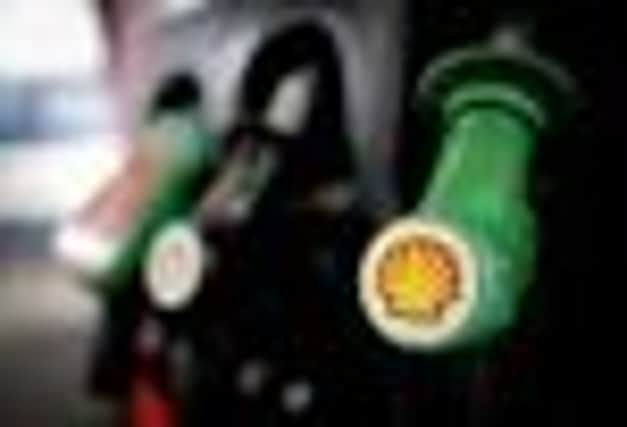Shell chief forecasts weakening in oil prices as tensions ease


Brent crude this week dropped to a 16-month low under $96 a barrel as weak economic data from China and the United States added to ongoing worries about the eurozone sovereign debt crisis.
Speaking on the sidelines of the World Gas Conference in Malaysia, Voser said: “Global demand is softening, we have got recessionary elements in Europe, a small slowdown in Asia Pacific.
Advertisement
Hide AdAdvertisement
Hide Ad“At the same time, some of the geopolitical elements of price volatility over the past few months have kind of receded, and therefore we see a softening of prices that I expect to go well into the second half of this year.”
The pace of oil demand will recover slowly in 2013 and prices will rise with it, predicted Voser, a Swiss citizen and 30-year Shell veteran, who took over as chief executive almost three years ago.
Concern over the state of the world economy and ample global crude supplies have taken the spotlight from lingering tensions between Iran and Western powers, which just three months ago pushed Brent crude prices to more than $128 a barrel.
Those concerns have eased, and Voser said the global oil market had sufficient supply to deal with the impact of the sanctions. US sanctions on Iranian crude buyers come into effect at the end of the month, while a European Union embargo banning its members from importing take effect on 1 July.
“I think the world has dealt with that,” Voser said, when asked about the impact of sanctions on exports.
All units operated by Shell have stopped importing Iranian crude, Voser said, though he declined to comment on Japan’s Showa Shell, in which the firm has around a one-third stake and which imports Iranian crude.
Output from Iraq’s giant Majnoon oilfield, which Shell operates, will reach 175,000 barrels per day (BPD) before 2015, up from 65,000-75,000 BPD now, he said. Shell is in talks with Iraq to cut its eventual output target from the field from 1.8 million BPD to one million BPD in 2017.